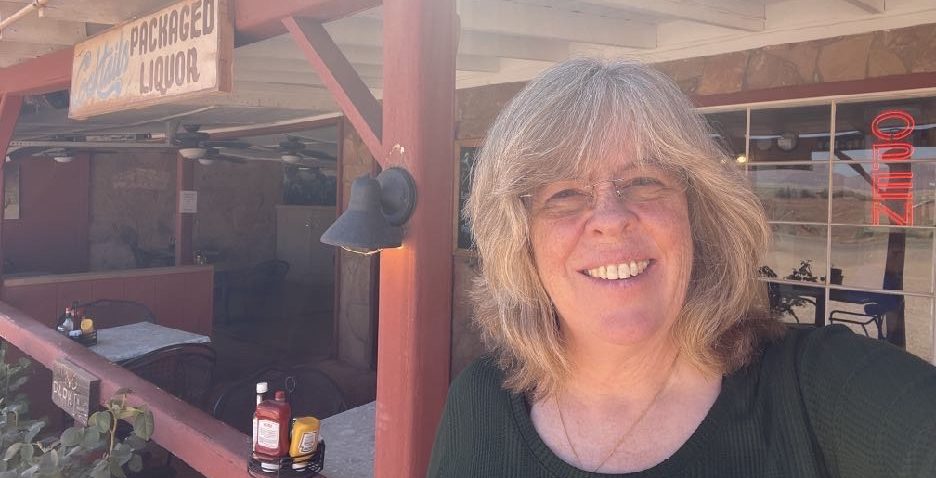So, What Are You Here For?
My parents provided therapy for me, and I went.
Therapy let me attack my underlying issues instead of gnawing at the symptoms of addiction. It was like drinking water for a dehydration headache instead of merely taking aspirin.
But I didn’t know this. For me, it was just a new thing to do. So I walked into Dr. C’s home sometime in mid-summer, 1988.
“Come in, come in!” said Dr. C, as though he were welcoming a long lost friend. I was not a long lost friend; I didn’t know this guy. And I sure didn’t want to go into his house.
Dr. C was a short, weasly, bearded fellow with dark hair and dark eyes and an impish smile. I hated him instantly.
I hated everyone instantly.
But I believed this was how all therapists looked, this was how they all acted, and this was the only therapist I would ever know.
“I’m finishing up a phone call,” he said. “I’ll be with you in one minute.” Dr. C disappeared.
So I stood in his living room and looked around. It was cluttered and dark and not my style at all. I assumed we’d be going to an office, but no.
He breezed back into the room: “Sit down! Sit down!” he said.
I glanced at the wooden chairs covered with blankets and pillows. Yuk. I sat on the couch and sunk too far down. I hated this man and I hated his house.
He smiled at me anyway. “So, what are you here for?”
I considered this. I was only here because my parents wouldn’t give me any more money, but I didn’t want to tell him that.
“I’m here because my parents wanted me to talk to you,” I said.
“Okay,” said Dr. C. “About what?”
“I have no idea,” I said. And I didn’t.
So Dr. C asked me some questions about my life: my job, my living situation, my “partner” (he couldn’t mean Gregg) and my family history. I didn’t mind answering his questions. In fact, I had more things to say when my hour was over and I had to leave.
“Do you want to do this again next week?” he asked, as though we’d just had a standing lunch date.
“Um, I guess,” I said. “I have more things to tell you.”
“Okay!” he beamed. “I’ll see you at the same time next Tuesday!”
I walked out into the sunshine and thought, Huh. Therapy’s not that bad.
And the next week, I went back to see Dr. C in his dark living room, again and again and again. I told him everything I could tell him about my life, about my history, about my wonderful childhood and all the horrible things that had happened to me since then. I never once lied to him, and I was always a little sad to stop talking at the end of my hour.
One day I showed up and told him about a weird dream I had, and we analyzed it together. “Dreams just represent different parts of you. So if you have a dream about Joe,” he said, “you give me the top three adjectives you would use to describe Joe and those are the parts of yourself that you’re dreaming about.”
“Does that really work?” I asked.
“Well, let’s find out,” he said. And from that point on, in addition to regular chit-chat, we analyzed every single dream that interested me.
It became more fun for me to be at therapy than anywhere else in the world.
I didn’t even realize that I always went to therapy stone-cold sober.
